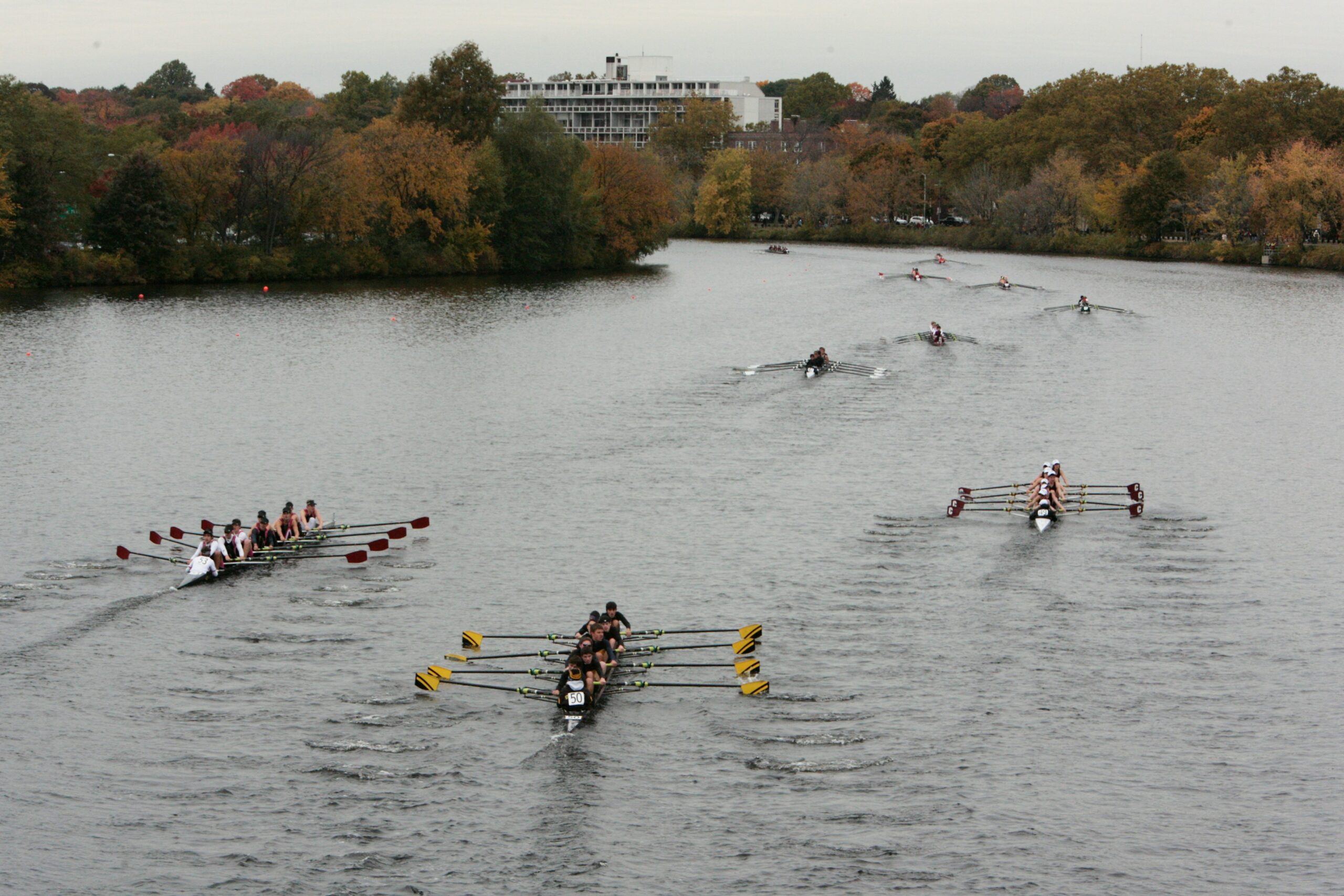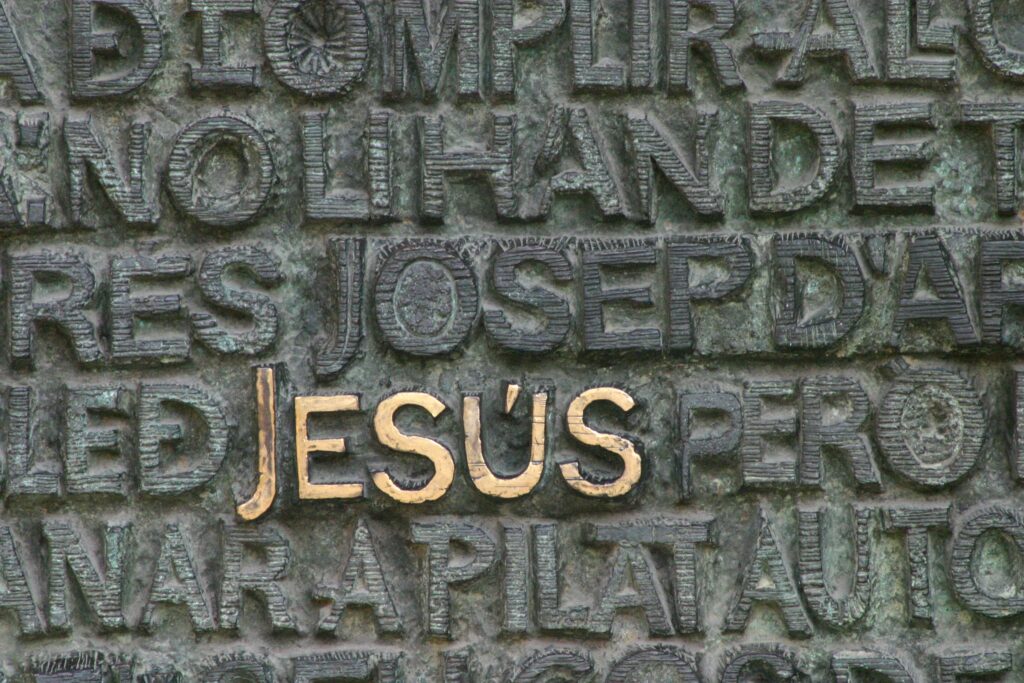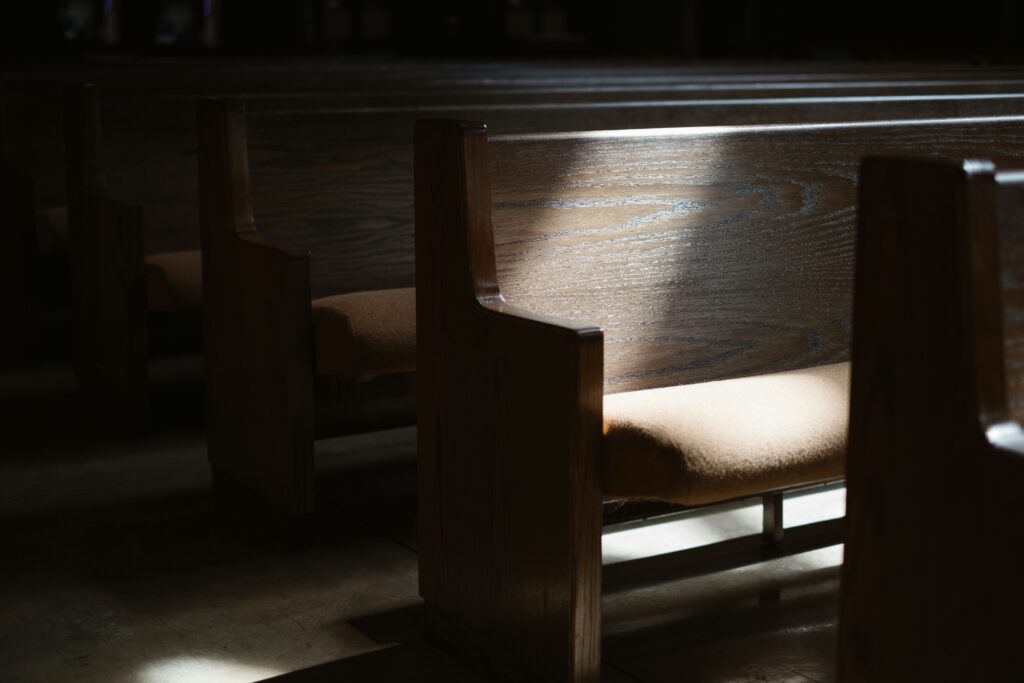I Am Who The I AM Says I Am (Part 1) by Dave Smith

Being retired from Indiana Wesleyan University means I no longer need to prepare 12 lectures a week or to lead faculty meetings or solve student issues as an administrator. Now, I have time to read for leisure.
The second-best book that I have read this year was Boys in the Boat.
A Riveting Read: Boys in the Boat
Boys in the boat. It’s the story of a world class rowing team (crew) at University of Washington in the early 1930’s, climaxing in the 1936 Olympic Games in Berlin. Now, if you only saw the movie, none of what I will say makes sense. For Hollywood made an amazingly complex story into a mere sporting competition. Life is much more complicated that running (rowing) a race.
Boys in the Boat is an intricate study of the interweaving of multiple social forces at work.
1. The North American-European geo-political interactions with pre-WWII Nazi Germany. These tensions are magnificently intermingled throughout the book; until they rise to a crescendo at the 1936 Olympics in Berlin.
2. It also a complex economic study of America, especially in the American Northwest during the first half of the Great Depression.
3. The book delves into the science of weather patterns in the State of Washington, which consequently lead to the horrific Dust Bowl years of 1930-36.
4. The book was also about the amazing art form of boat building from cedar, oak, and other native wood from virgin forests of the northwest. All trees were harvested, transported, and handmade by artisans who have developed these skills over generations.
5. This a book about a sport that most, if not all of you have never seen in person, unless you did your PhD in England, where this still reigns alongside “football”, cricket, rugby. From an American perspective, you might be shocked to learn that “8-man crewing” in the 1930’s drew national attention on the radio and newspapers, on par with baseball and American football.
6. Boys in the Boat also includes the psychology of human persons, the intricate mastery of the mechanics of the sport. The book goes into detail of practice after practice to perfect its time-tested techniques and strategy. It’s not to be seen as pure power but glorious team unity as a boat is not rowed “through” the water. But rather, if done perfectly, they ride “upon” the water with harmony and symmetry.
Boys in the Boat is not a “sporting book” but a carefully researched and beautifully written anthropological study of how social, economic, cultural, and scientific forces all come together into a complex matrix. In life, every-single-thing is impacted by EVERYTHING. That is anthropology. It’s the most complex academic discipline of all, because you must be aware of all the outside forces and inner pressures which alter human decisions and shape culture.
Integrating Anthropology with Theology
Now, in our conversation today, we will make anthropology even more complex by integrating it with the metaphysical world, thus creating Theological Anthropology. And just to add to the level of complexity, “EVERYTHING” is theological.
What does it mean that the Lord Himself is engaged in the creation and his on-going conversation with humans? Aaron Perry, in a recent email defined it this way for us, [Theological Anthropology is] “considering human beings (that is the Anthropology part) in light of the Word, work, and will of God (that is the theological part).”
A Biblical Worldview Through Crucial Questions
For me, the best way to begin defining this God-Man conversation in Wesleyan terms is to portray it through the lens of a biblical worldview. Bill Arnold, beloved professor of Old Testament at Asbury, has created a simple model based upon our answers to 4 crucial questions:
1. Where have we come from? What is our cosmology?
2. Who are we? What is our anthropology?
3. What has gone wrong? What is our Hamartiology?
4. What is the solution? What is our Soteriology and Eschatology?
May I say, a helpful world view is not found in a systems theory or a philosophical argument but in a story. And our story of the world must be truly compelling. Our biblical worldview must captivate all those watching us. Yes. In Christ, we have become a made-new person and the way we live in allegiance with this revealed worldview is the best tool for discipleship ever devised. It’s not another program – Four Spiritual Laws or Evangelism Explosion. To know the world this way is not merely an intellectual or cognitive act. It’s a full commitment to embracing the person of Jesus and His revealed truth. David DeSliva, in his book Transformation: The Heart of Paul’s Gospel says “Paul’s mission was not essentially about ‘winning souls’ . . . It was primarily about working with people to surrender themselves to the work of God, to deep and fundamental transformation whereby their lives cease to be what they were, and begin to be an extension of Christ’s own willing, being, and doing,”
So, what precisely is our compelling worldview story? First, we need to address, “Where have we come from?”
This is part 1 of a five part article outlining a Wesleyan Anthropology arising from a Biblical Worldview. Originally an oral presentation for the Wesleyan Church, it has been revised and updated for a broader Wesleyan Methodist audience.
Subscribe
Get articles about mission, evangelism, leadership, discipleship and prayer delivered directly to your inbox – for free






